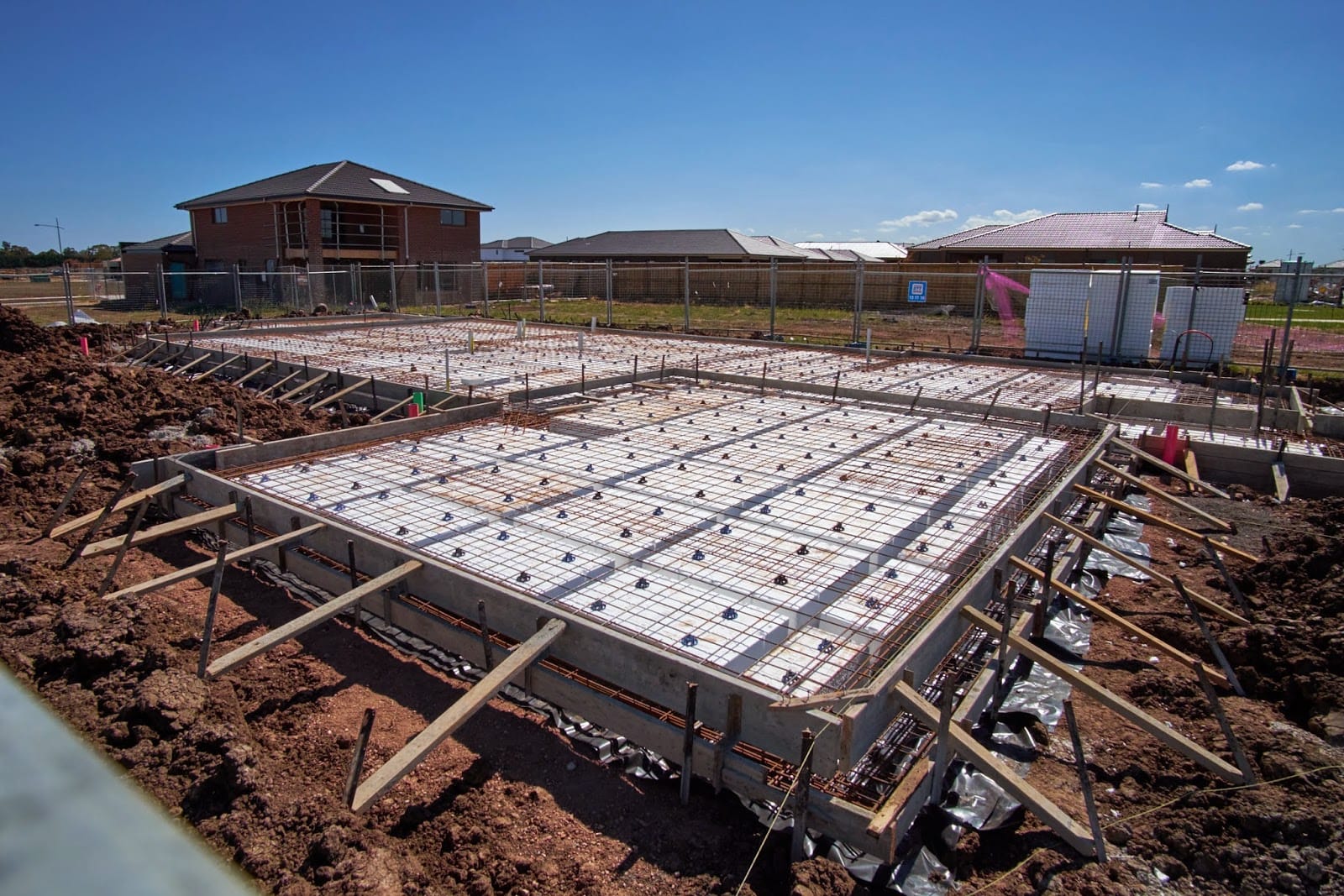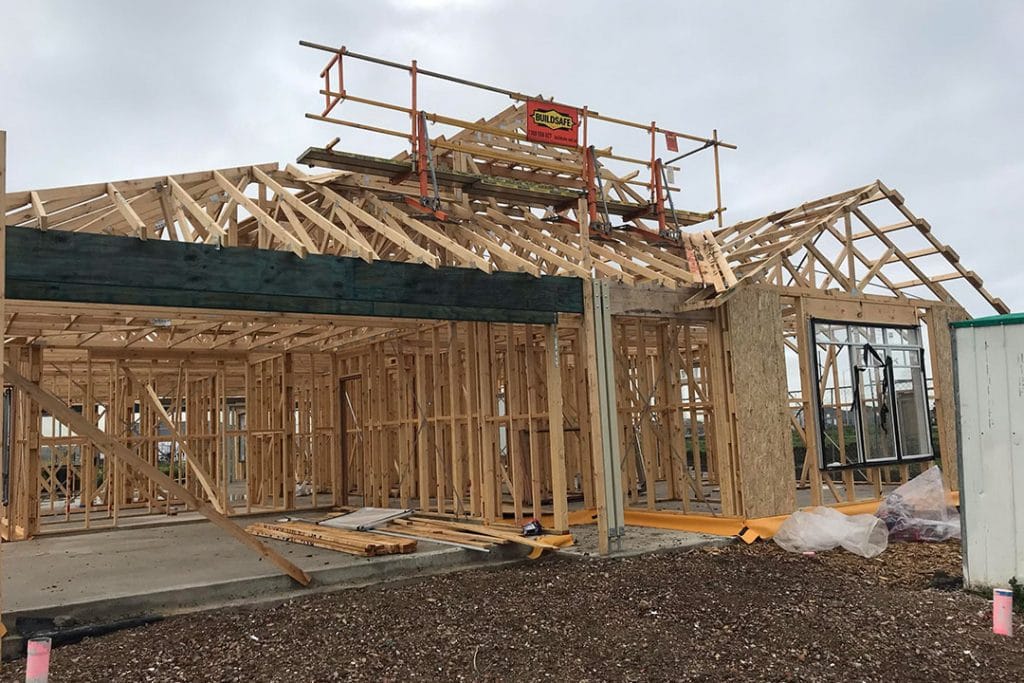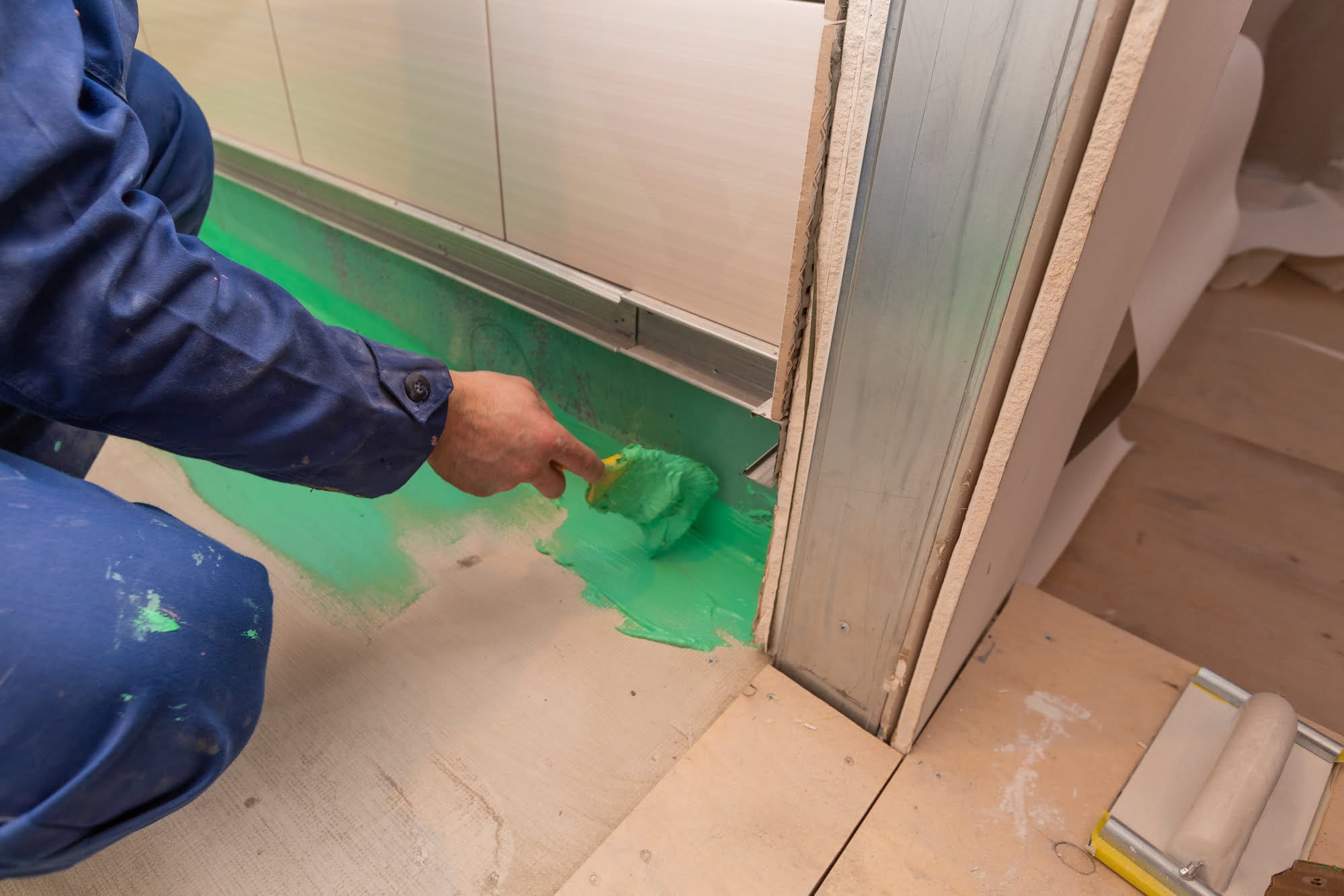Ever noticed how some builders seem to breeze through projects while others leave clients frustrated with delays, budget blowouts and shoddy workmanship? As a builder, your reputation is everything. Unhappy clients mean lost referrals and a damaged brand. The secret to keeping your clients smiling lies in improving quality and communication at every stage.
Implementing mandatory progress inspections at each of the five key stages of residential building is perhaps the smartest move you'll make this year. By inspecting, testing and planning at base stage, frame stage, enclosed stage, fixing stage and practical completion, you ensure the highest quality finish. You also keep your clients in the loop, building trust and heading off issues before they become problems. Until you get the green light at each checkpoint, the build can't move forward.
Simple but effective, progress stage inspections are a win for your business, your clients and the properties you deliver. When quality and communication are king, everyone's happy. Who wouldn't want a proven system for better builds and raving reviews? ITP is the key to building your reputation and keeping the referrals flowing in.

The 5 Key Stages of Residential Construction Projects
Every builder wants happy clients and quality builds. The easiest way to achieve both is by conducting client inspections at each stage of construction.
The Base Stage
This is the foundation of your build, so take the time to walk clients through the site, show them the footings and explain how their dream home will take shape. Let them see the raw materials and understand the process of how things will unfold onsite (what and when) along with how quality will be managed and checked.
The Frame Stage
Nothing beats seeing the skeleton of a house for the first time. Point out important details like ceiling heights, window placements, and room configurations. This is a perfect time to double check everything is installed correctly, is plumb and straight, square and solid before the enclosed and fixing stages commence.
The Enclosed Stage
With the roof in place, clients can get a feel for how light and spacious each room will be. Walk them through, discuss finishes and fixtures, and address any questions. Their input at this stage ensures an end result they’ll absolutely love.
The Fixing Stage
As the build nears completion, smaller details become so important. Tile choices, paint colours, and cabinetry are all finalised, so do a final walk-through together. Spotting and fixing any issues now means a flawless finish for handover.
Practical Completion Stage
Handing over the keys is a moment your clients will never forget. Doing final inspections together and ensuring all paperwork is in order gives them confidence in the quality of your work. Most importantly, it cements your relationship for future builds or referrals.
Who wouldn’t want a builder who makes them feel like a partner in the process every step of the way? Conducting thorough ITP inspections with your clients is a win-win for quality, satisfaction and your business.

What Is ITP (Inspect, Test, Plan) and Why It Matters
ITP (inspect, test, plan) stages are critical for builders to implement. By conducting progress inspections aligned with the standard building contract stages, you'll improve quality and strengthen client relationships.
Inspections Keep Everyone on the Same Page
At each stage - from base to practical completion - you inspect the work with your client before moving on. This ensures nothing is missed and the job is done right. Your clients will appreciate your transparency and commitment to quality.
When you test and identify any issues, you can create a plan to resolve them promptly. This prevents expensive rectification works down the track and means fewer headaches for your team. Your clients will be happier with the end result, and more inclined to recommend your services to others.
Building Trust and Credibility
Conducting regular ITP inspections establishes you as a reputable builder focused on best practises. Your clients will feel heard and respected, strengthening your working relationship.
Happy clients mean repeat business and more word-of-mouth referrals. As builders, our reputations depend on the quality of our work and client satisfaction. ITP inspections are the easiest way to safeguard this, ensuring you deliver homes that exceed expectations.
A Win-Win for All
While ITP does require an initial time investment, the long term benefits to your business are huge. The inspections themselves often highlight small issues that are quick to remedy, avoiding bigger problems later. Your team will get into a rhythm and find the process second nature.
For the value added to your clients and credibility gained, ITP is a win-win for builders. When done right, it results in higher quality homes, happier clients, and a reputation for excellence. What more could you want from such a simple practise? Give ITP a try - your business and clients will thank you for it!

How ITP Improves Client Relationships and Satisfaction
As a builder, improving client satisfaction should be a top priority. One of the best ways to do this is through a comprehensive inspection, testing and planning (ITP) program. By conducting thorough inspections at each stage of construction aligned with your residential building contract, you’ll improve quality, reduce defects, and build trust with your clients.
Clear Communication
At each ITP milestone, schedule a meeting with your clients to review the stage, walk through the site together, and address any questions or concerns they may have. This face time is invaluable for managing expectations, explaining the building process, and strengthening your working relationship. Be open, honest and willing to listen to their feedback. This clear communication and transparency will lead to a much smoother build and happier clients.
Higher Quality
ITP inspections allow you to identify and fix issues early on before they become bigger, more expensive problems down the road. Have your site managers and tradesmen conduct their own checks at each stage, then do a final inspection with your clients. Look for things like proper waterproofing & flashings, no leaks, plumb and straight surfaces, and that all fixtures are properly aligned and fixed in position. The time spent on quality control now will result in a better end product and fewer call-backs later.
Peace of Mind
For most clients, building a new home is stressful. ITP helps give them reassurance and confidence in your work. When they see the care and diligence that goes into each stage of construction, it eases their worries. They’ll appreciate your transparency and know they made the right choice in a builder. Their trust and word-of-mouth promotion of your services will lead to more clients and business growth.
Implementing ITP is a win-win for both you and your clients. The investment in time and resources upfront will pay off through improved quality, communication, and your reputation in the community. Make ITP a cornerstone of your building process and watch client satisfaction soar.

Implementing ITP: A Simple Way for Builders to Improve Quality and Service
Implementing regular ITP (inspect, test, plan) stages into your residential building projects is one of the easiest ways to improve quality and client relationships. As a builder, aligning ITP checkpoints with the five key building contract stages (base, frame, enclosed, fixing, completion) ensures quality is consistently checked and signed off by your client before moving onto the next phase.
Inspections
Conducting an inspection at the end of each stage allows you to pick up on any faults or issues early. It also gives your client the chance to raise any concerns about quality or workmanship before more work is done, avoiding potential disputes or rework down the track. Regular inspections build trust that you’re focused on quality and the client’s needs every step of the way.
Testing
Testing things like waterproofing, electricals, plumbing & drainage as each stage is completed gives you confidence the work has been done properly before continuing. It also provides peace of mind for your client that their new home’s essential services are functioning well from the start. Conducting tests at each checkpoint avoids the risk of major faults being discovered only at the final completion stage.
Planning
Reviewing the plans and specifications with your client at each ITP stage ensures everyone is still on the same page about the final vision. It gives you an opportunity to suggest any minor modifications to improve the overall quality or functionality of the design. Regular planning also helps avoid misunderstandings that could lead to disputes or rework.
Implementing a comprehensive ITP process at key stages of construction is a simple step any builder can take to improve quality, strengthen client relationships and reduce risks. Conducting regular inspections, testing and planning gives your clients confidence in your commitment to excellence from start to finish. An ITP program is a win-win for builders and homeowners alike.
Conclusion
Implementing ITP stages into your building process really is a no-brainer. Keeping your clients involved and informed at every step of their home build will transform your business. Happy clients mean repeat clients and word-of-mouth referrals. And taking the time to thoroughly check each stage before moving on will result in higher quality builds and fewer headaches down the line.
While it may require some initial investment, the long term gains of improved quality, reduced rework, and stronger client relationships will far outweigh any costs. Start building better and building trust through ITP today.






